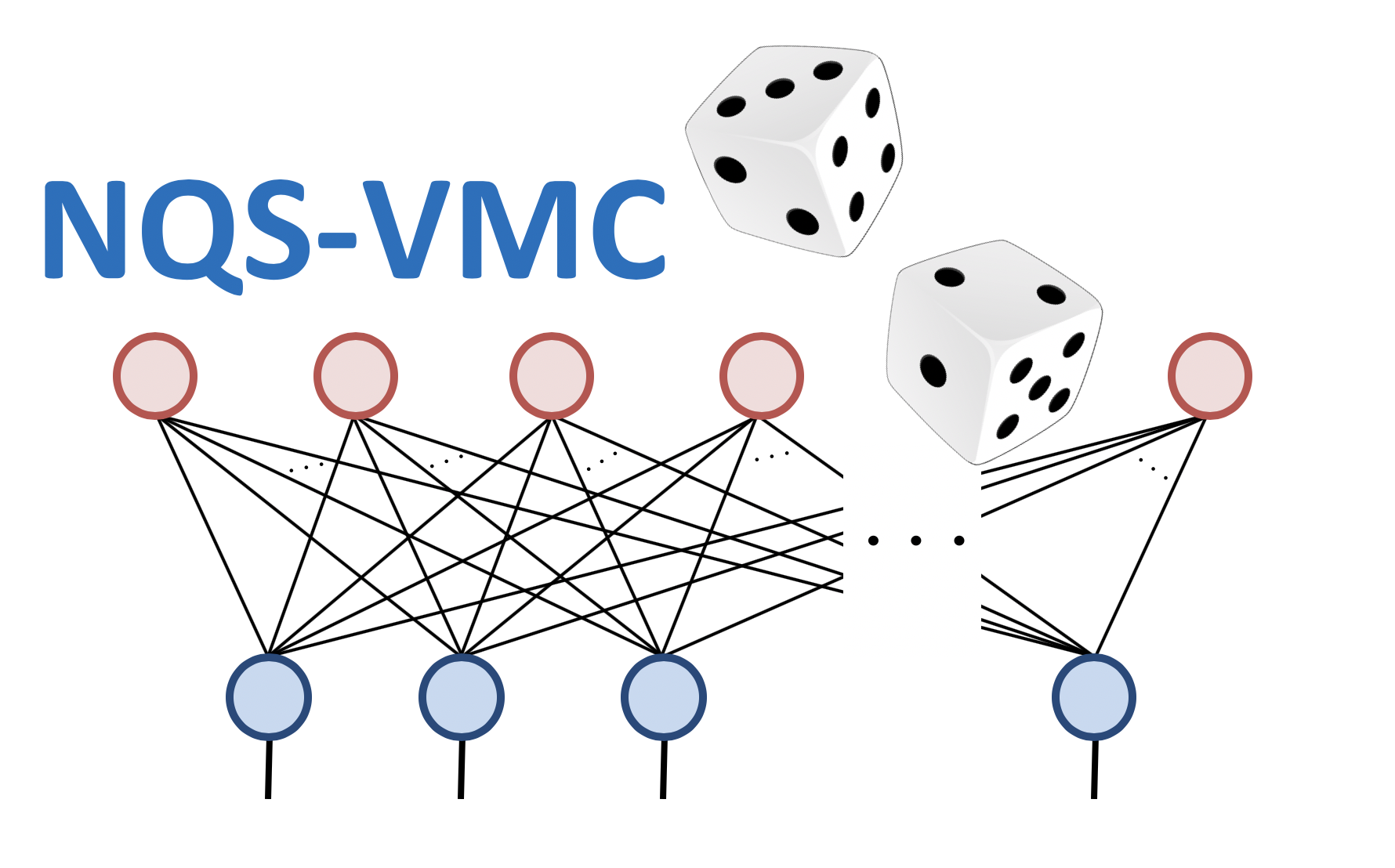Unifying Neural-network Quantum States and Correlator Product States via Tensor Networks
Correlator product states (CPS) are a powerful and very broad class of states for quantum lattice systems whose amplitudes can be sampled exactly and efficiently. They work by gluing together states of overlapping clusters of sites on the lattice, called correlators. Recently Carleo and Troyer Science 355, 602 (2017) introduced a new type sampleable ansatz called neural-network quantum states (NQS) that are inspired by the restricted Boltzmann model used in machine learning. By employing the formalism of tensor networks we show that NQS are a special form of CPS with novel properties. Diagramatically a number of simple observations become transparent. Namely, that NQS are CPS built from extensively sized GHZ-form correlators, which are related to a canonical polyadic decomposition of a tensor, making them uniquely unbiased geometrically. Another immediate implication of the equivalence to CPS is that we are able to formulate exact NQS representations for a wide range of paradigmatic states, including superposition of weighed-graph states, the Laughlin state, toric code states, and the resonating valence bond state. These examples reveal the potential of using higher dimensional hidden units and a second hidden layer in NQS. The major outlook of this study is the elevation of NQS to correlator operators allowing them to enhance conventional well-established variational Monte Carlo approaches for strongly correlated fermions.
PDF Abstract